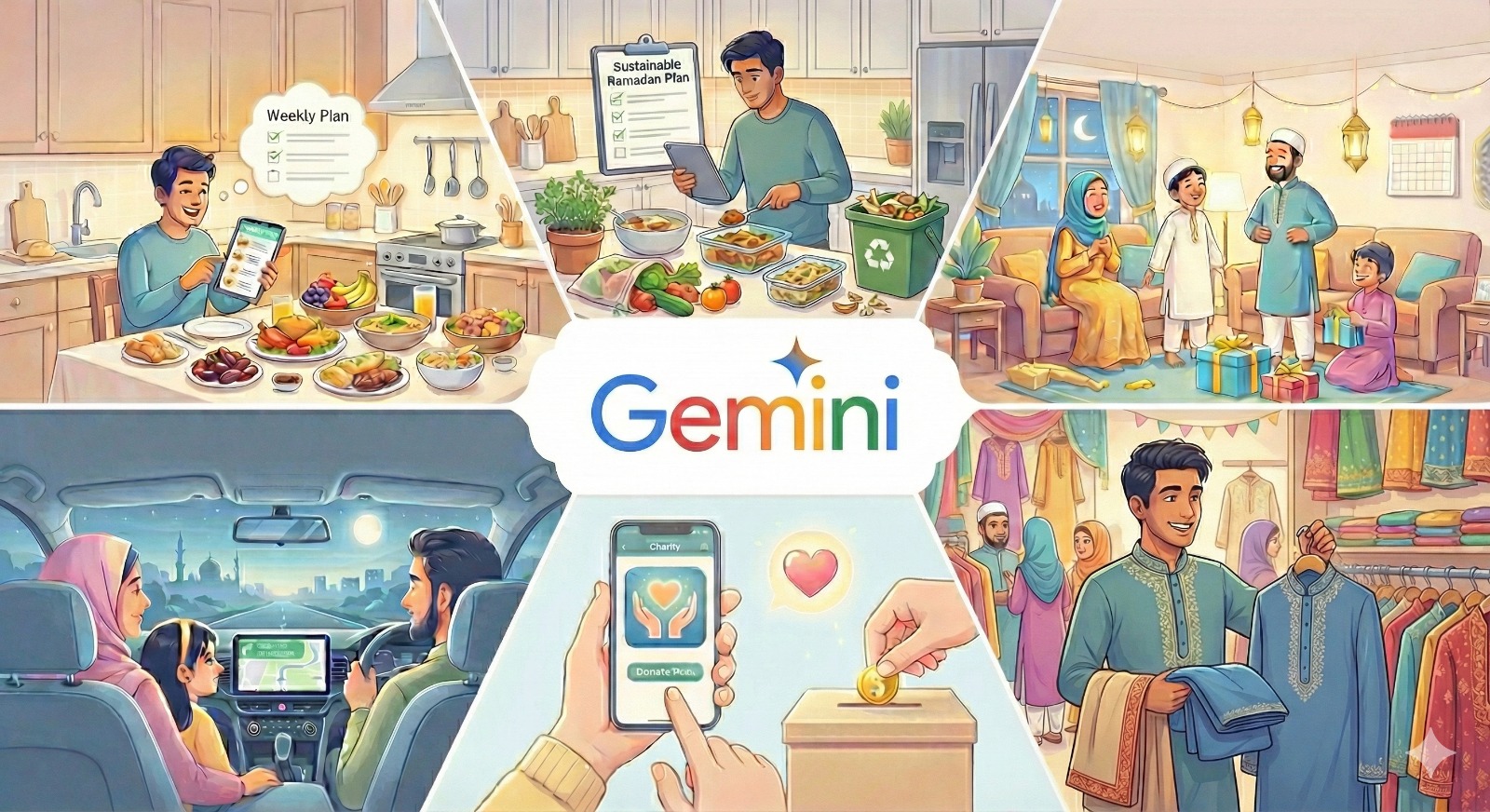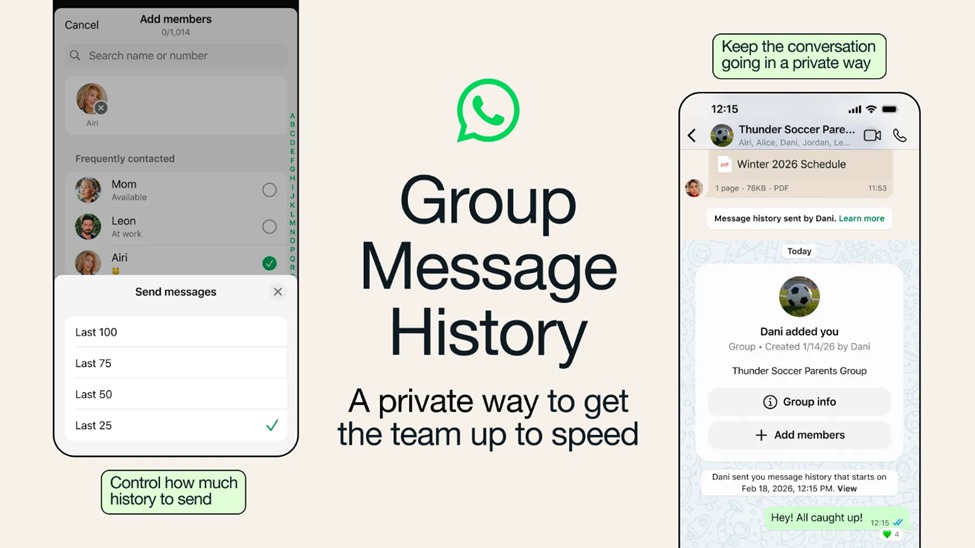Cyberattacks targeting children grow by 35% in Q1 2024: Kaspersky reveals
Kaspersky experts looked into the recent threats using as a bite the mention of gaming and toy brands popular among kids like Minecraft, Roblox, LEGO, Disney, and more. As a result of research based on chosen key words, it was found out that the number of attack attempts grew up by 35% in Q1 2024, compared to the same period of the previous year. Specifically, almost 1.3 million attack attempts were detected from January to March, 2024.
A total of 1,264,866 attempts to attack mobile and desktop devices disguised as topics popular among kids were detected in Q1 of 2024. This is an increase of 35% growth compared to Q1 2023, when 936,840 attempted attacks were recorded. According to Kaspersky’s data, desktop threats significantly dominate the number of attacks detected during the reporting period – 98.7% versus 1.3% of mobile threats.
Based on the research by Kaspersky experts’, the top brands exploited by cybercriminals included the most popular children’s games: Minecraft, Roblox, and Brawl Stars. Besides this, attackers also tried to leverage product names such as LEGO, and a number of popular kids’ cartoons including Paw Patrol, Bluey, and entertainment giant Disney, whose name could be used to search cartoons, movies and popular TV series, and related games or merch. More than 1.2 million of the infections are from downloaders distributed in Q1 2024.
Trojans, malicious programs that can enable cybercriminals to gather credit card details, login credentials, modify data or disrupt the performance of computers, ranked second among the most widespread threats masked as children’s favorites. In Q1 2024, there were 27,576 attempts to launch Trojans on users’ devices, while adware – a type of software that displays unwanted irritating pop-up adverts on your screen – resulted in 27,570 attempts.
Kaspersky researchers also found malicious web pages with toys, dolls and other children’s products. These pages were originally legitimate resources, later hacked by cybercriminals to spread malware. In this case, not only children who want to choose a new toy, but also parents looking for products for children can also become victims.
“As part of the research, we see attacks on children are becoming a traditional vector for cybercriminals that will only become more and more active. Children are often unaware of the basics of cybersecurity and easily fall into attackers’ traps, for example, when trying to download a free version of a popular game, or a new episode of a favorite cartoon. That’s why cyber hygiene education is a must-have for parents who care about their children’s safety in the online environment,” comments Hafeez Rehman, Technical group manager at Kaspersky.
To keep your kids safe online, Kaspersky recommends users to stay informed about the latest threats and actively monitoring their children’s online activities, parents can create a safer online environment for their kids. With dedicated apps for digital parenting such as Kaspersky Safe Kids, parents can effectively safeguard their children across both online and offline spaces. To help parents introduce their children to cybersecurity, Kaspersky experts have developed the Kaspersky Cybersecurity Alphabet with key concepts from the cybersecurity industry. In this book, your kids will get to know new technologies, learn the main cyber hygiene rules, find out how to avoid online threats, and recognize fraudsters’ tricks. To secure your child from downloading any malicious files during their gaming experience, Kaspersky advise to install a trusted security solution on their device.
















